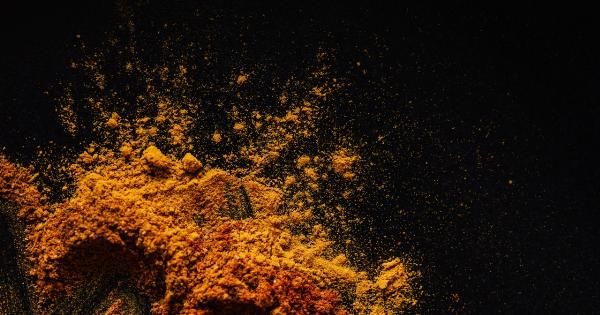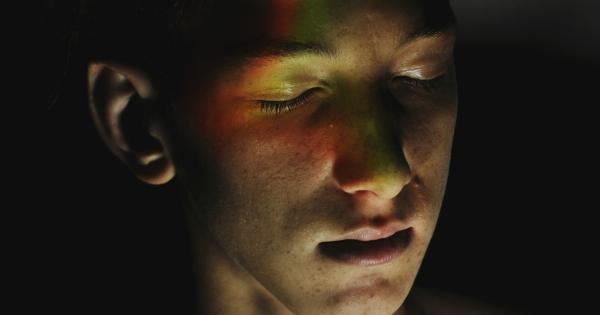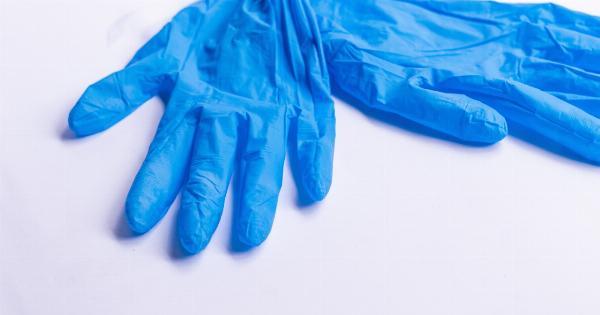Acupuncture is a traditional Chinese medicine technique that involves inserting needles into specific points on the body to alleviate various health conditions, including psychological distress.
How Acupuncture Works
Acupuncture is based on the principle that energy flows through the body in channels called meridians. When there is a blockage in this energy flow, it can cause physical and emotional pain.
By inserting needles into specific acupuncture points on these meridians, the flow of energy can be restored, leading to pain relief and improved emotional well-being.
Research on Acupuncture for Psychological Distress
Acupuncture has been studied extensively for its effects on psychological distress, including anxiety, depression, and stress. Here are some of the key findings:.
Anxiety
A systematic review of 10 randomized controlled trials found that acupuncture can significantly reduce symptoms of anxiety compared to placebo or no treatment. Acupuncture was also found to be more effective than medication in some studies.
Depression
A review of 17 studies found that acupuncture can be effective in reducing symptoms of depression. However, the quality of the studies varied greatly, and more research is needed to fully understand the effectiveness of acupuncture for depression.
Stress
A review of 34 studies found that acupuncture can be effective in reducing stress, especially in people with chronic stress. Acupuncture was also found to have fewer side effects than medication.
Other Psychological Conditions
Acupuncture has also been studied for its effects on other psychological conditions, including post-traumatic stress disorder (PTSD), insomnia, and addiction.
While more research is needed in these areas, preliminary studies suggest that acupuncture may be a beneficial treatment for these conditions as well.
How to Get Started with Acupuncture
If you are interested in trying acupuncture for psychological distress, it is important to find a licensed acupuncturist who has experience treating these conditions.
During your first visit, the acupuncturist will ask about your medical history and current symptoms, and may perform an examination to identify the best acupuncture points to use for your treatment.
Conclusion
Acupuncture is a safe and effective alternative therapy for alleviating psychological distress.
While more research is needed to fully understand its effectiveness for specific conditions, acupuncture has been shown to be a beneficial treatment for anxiety, depression, stress, and other psychological conditions.






























